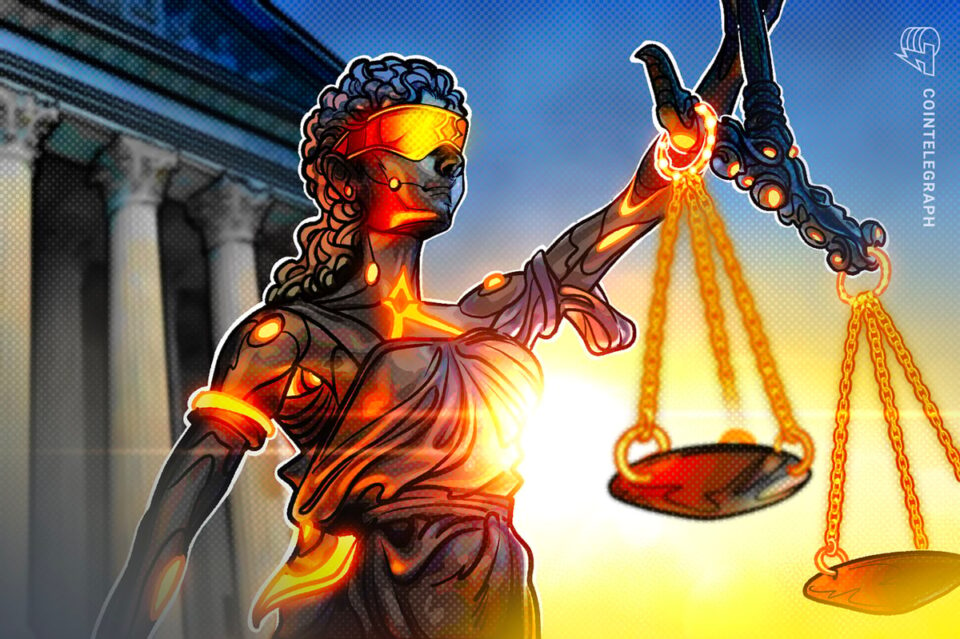OpenAI and Microsoft are facing a lawsuit alleging the improper use of a nonfiction author’s work to train AI models, including OpenAI’s ChatGPT service. Author and reporter Julian Sancton sued the companies on Nov. 21.
According to Sancton’s complaint, OpenAI allegedly utilized tens of thousands of nonfiction books without authorization to train its extensive language models in responding to human text prompts. The author and Hollywood Reporter editor is leading a proposed class-action lawsuit filed in a New York federal court.
This legal action is among several initiated by copyright owners, such as authors John Grisham, George R.R. Martin and Jonathan Franzen, against OpenAI and other tech firms. The allegations involve the purported misuse of their work to train AI systems. The companies involved have refuted the claims.
Sancton’s lawsuit emphasizes Microsoft’s involvement in generating unlicensed copies of authors’ works for training data and the development of GPT-based technology. Sancton also accuses Microsoft of being aware of OpenAI’s indiscriminate internet crawling for copyrighted material.
The lawsuit comes in the wake of an unexpected move by Microsoft, which hired Sam Altman to head its AI research team after his removal from OpenAI. In a surprise about-turn, on Nov. 22, OpenAI announced a new agreement that would see Altman return as CEO. The company confirmed the deal in a post on its official X (formerly Twitter) account.
Although OpenAI faces multiple copyright infringement suits, Microsoft has largely escaped scrutiny despite introducing a range of products integrated with GPT.
Sancton’s legal action marks the first time an author has sued OpenAI while also naming Microsoft as a defendant. With substantial investments in the AI startup, Microsoft has seamlessly incorporated OpenAI’s systems into its product offerings.
Related: Microsoft, Salesforce, Nvidia swoop in to hire OpenAI employees as walkout threats increase
Sancton’s legal action asserts that OpenAI utilized nonfiction books, including his work “Madhouse at the End of the Earth,” has been used to train its GPT large language models. The complaint alleges Microsoft’s substantial involvement in model development, holding the company accountable for copyright infringement. Sancton is seeking unspecified monetary damages and a court order to halt the alleged infringement.
Magazine: OpenAI’s Sam Altman ousted, BlackRock and Fidelity seek Ether ETF, and more: Hodler’s Digest, Nov. 12-18





